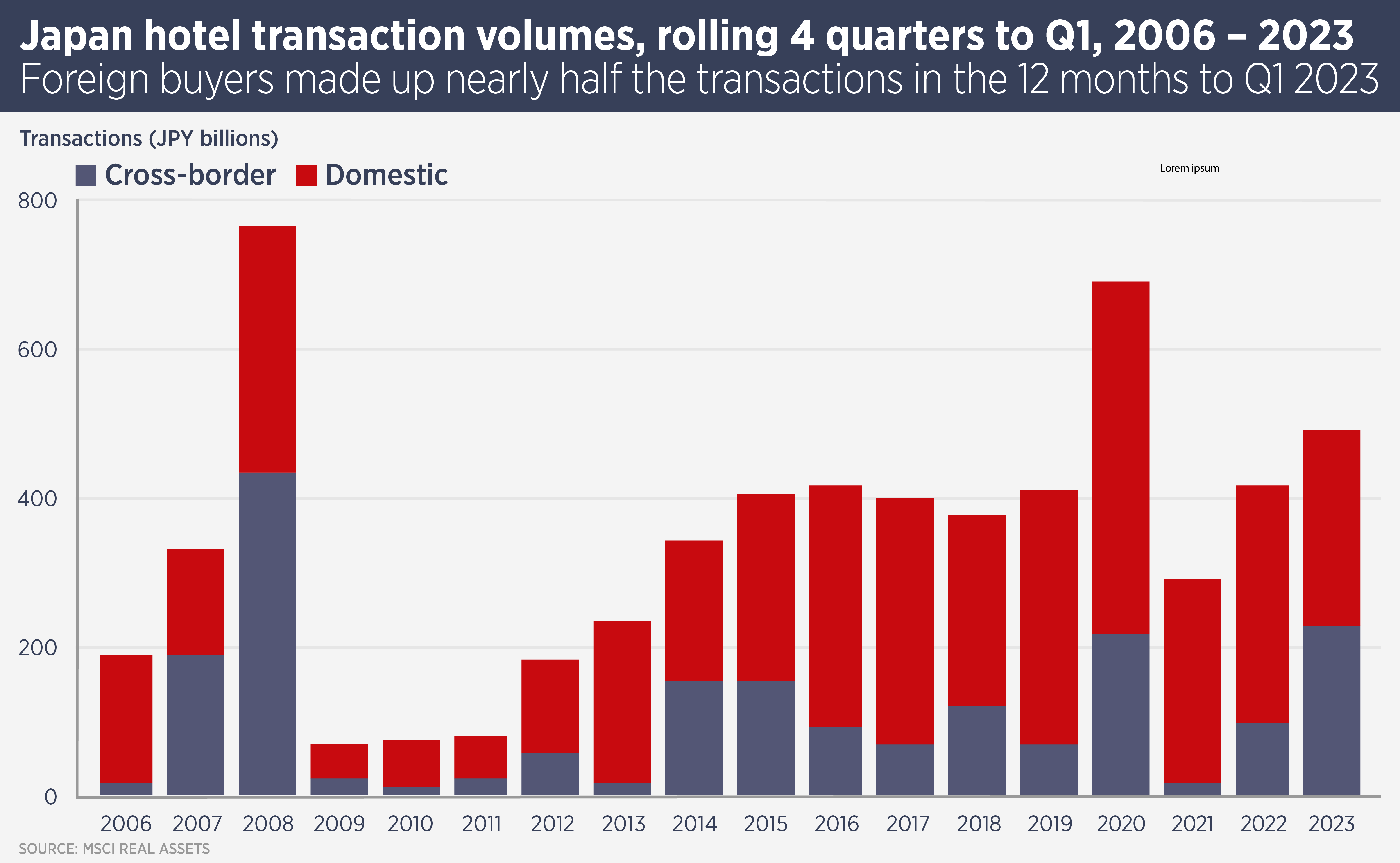
Japan ripe with real estate opportunities for decades, demographics no barrier
Explore the enduring stability and growth potential of Japan's real estate market. With strategic infrastructure investments, a resilient demographic outlook, and a welcoming business climate.
The stability and size of the Japanese real estate market will offer opportunities to investors for years to come, boosted by the nation’s infrastructure investments and ability to adapt.
Furthermore, while Japan is notorious for its ageing population, its demographic outlook is no worse than most developed nations and better than a number of its Asian neighbours.
“Japan will remain among the most populous countries in the world, and Tokyo is projected to still have one of the largest metropolitan populations for the coming decades,” says Tetsuya Kaneko, Head of Research and Consultancy at Savills Japan. “Multiple large-scale developments, as well as public transportation upgrades are in the pipeline for Japan’s major cities.”
Looking forward towards 2040, Japan will still be one of the world’s most populous nations, with a population of just over 110 million, even though this will fall from 128 million today. Tokyo will remain one of the largest cities in the world, even though it will be overtaken by Delhi, India. Tokyo’s population will be maintained due to continued urbanisation and young people moving from provincial towns to the capital.
Japan’s fertility rate of 1.31 is slightly lower than that of the EU, but is higher than that of China, South Korea and Hong Kong. Furthermore, it has maintained its fertility rate without significant immigration (which has boosted fertility in the EU). However, immigration has increased in recent years and is expected to rise between now and 2040, albeit still at a much lower level than in the EU.
There are a number of large-scale infrastructure investments underway in Japan, which will create opportunities for real estate investors. Many of these are linked to tourism, which is recovering steadily post-pandemic. The most significant is the development of an integrated casino resort in Osaka, set for completion in 2030.
The already-sophisticated public transport network is being continuously expanded and upgraded. Sapporo will be linked to the high speed rail network by 2030 and the Linear Chou Shinkansen, an ultra-fast maglev line, will dramatically cut journey times between Tokyo, Osaka and Nagoya.
Such projects will “improve overall business productivity, as well as open up new areas for real estate and tourism development,” says Kaneko.
Japan’s economy offers a stable backdrop for investors, with many long-established and cash-rich companies, even though national debt remains high. Relatively low inflation and low interest rates continue to make it attractive to investors.
Emerging sectors which will benefit from Japan’s long-term trends include ultra-luxury residential, serving both domestic and overseas ultra-high net worth individuals. Traditional Japanese guest houses, ryokan, have been popular with overseas tourists and could offer expansion opportunities to larger operators. And integrated casino resorts serving both locals and international visitors could become a major part of the tourist economy.
Overall, “Prospects for Japan’s major urban areas remain bright,” says Kaneko, “Japan’s property market should continue to be firm and an attractive destination for capital by 2040.”
Further reading:
Japan 2040 outlook
Contact us:
Tetsuya Kaneko



